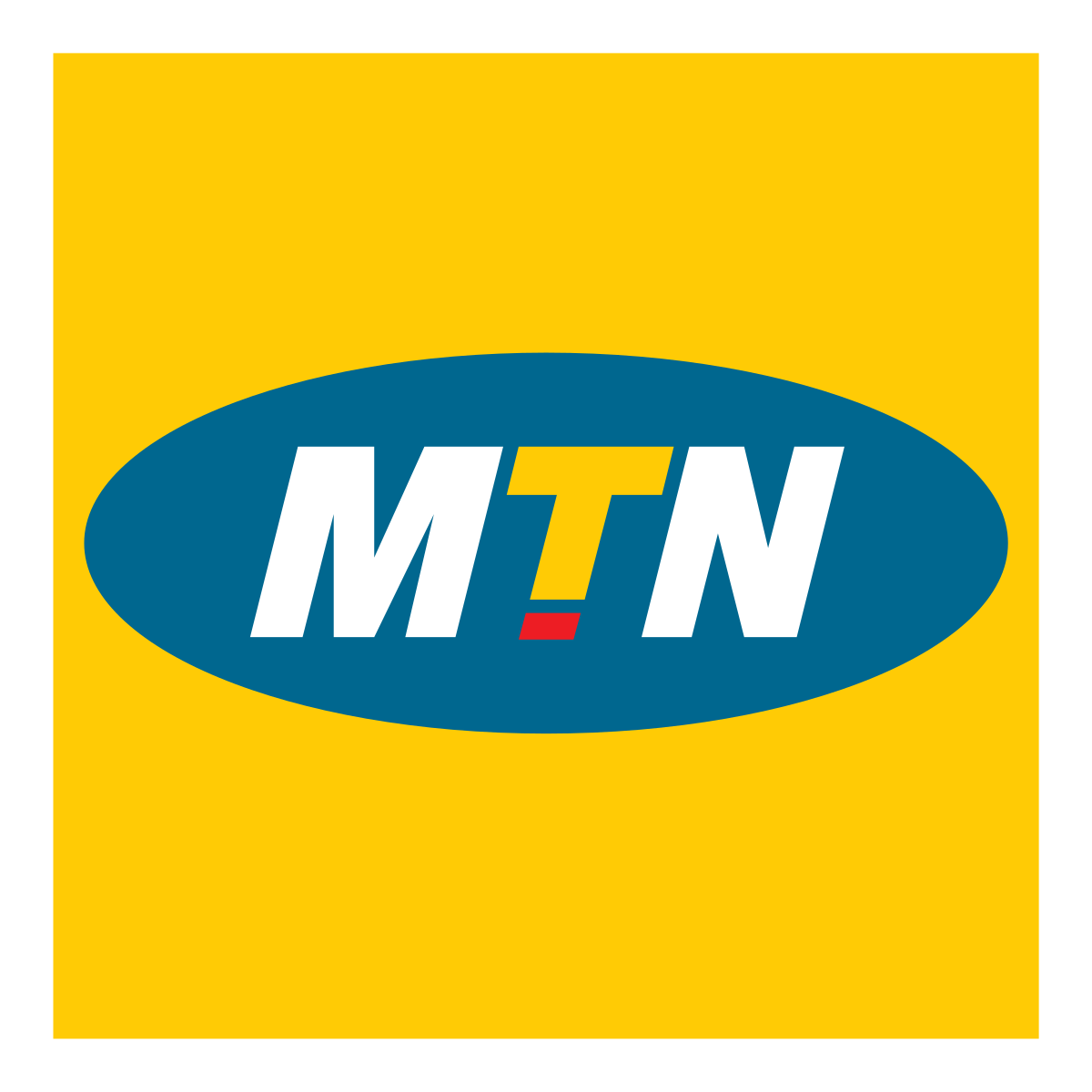MTN Group Chief Executive Officer, Ralph Mupita, has said that the telecommunications firm targets a valuation of between $5 billion and $6 billion of its mobile money arm, as it prepares for the sale or listing of a minority stake.
Mupita outlined basic details about the future of its mobile financial service, which is set to be separated as part of a strategy to help it cash in on various assets unveiled in March.
The company, which operates across several of Africa’s largest markets, has long prized its mobile money offer with the segment often cited as one of the major growth areas in the business.
Mupita said MTN planned to structurally separate the business within the next year.
Funds raised from its money and infrastructure assets will go into cutting the company’s debt stock, adding to the disposal of several parts of the business’ non-core assets in the last two years.
MTN is also in the process of selling off non-core assets in the Middle East as it plans to focus its efforts on Africa.
The operator is not alone in seeking to raise money on the strength of its mobile financial services business. Its regional rival, Airtel Africa, is selling two separate stakes in its equivalent to investment company TPG and Mastercard.
Bloomberg, which referred to Global System for Mobile telecommunications Association (GSMA), which puts the region’s transaction values at $490 billion, reported that MTN and its counterpart Safaricom of Kenya were planning to bid for an Ethiopian operating license, although it’s uncertain that mobile-money services could be rolled out with the initial licenses in the country.
Nigeria has been a laggard in rolling out mobile-money services, providing some provisional licenses.
But for mobile money to scale up in Nigeria, and be able to compete strategically in West Africa, the GSMA has asked the Central Bank of Nigeria (CBN) to extend licence to MTN and Airtel.
Head of GSMA Africa, Akinwale Goodluck, who said this recently, noted that in the last 12 months, the major development noticed in Nigeria is the grant of full operational mobile licenses to two MNOs and Unified Payment.
The GSMA Head Africa said what is required to drive financial inclusion in Nigeria is the further liberalisation of the regulatory environment. “Importantly, it is necessary that a level playing field is created, that licences are extended to the other two big network operators in Nigeria, namely Airtel and MTN. Once we have all of them on board, I think we will see mobile money accelerate and we will see the kind of numbers and growth that we want. For now, Nigeria is lagging behind some of the other countries in West Africa like Ghana, Ivory Coast,” he said.
Goodluck informed that those countries are doing very well, which is a factor of their regulatory environment. He stressed that it is a factor of the commitment of the operators, “factor of the relationship between the mobile telecommunication sector and the financial and banking sector in these countries.”
Already, a GSMA report ‘State of the Industry Report on Mobile Money’ revealed that mobile money transactions rose by 65 per cent in 2020 with accounts across the globe hitting 1.2 billion, which has been propelled by the need to meet huge financial obligations during the COVID-19 period.
GSMA said there was a dramatic acceleration in mobile transactions during the COVID-19 pandemic as lockdown restrictions limited access to cash and financial institutions.



